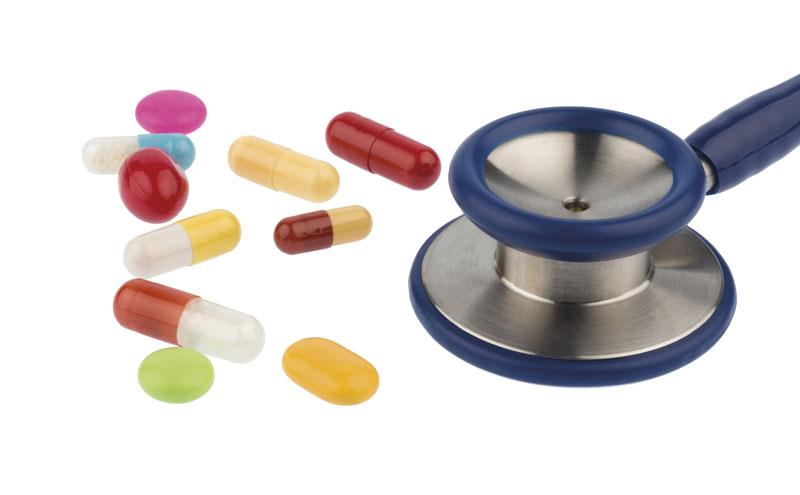
Treatment with beta-blockers confers significantly less protection against stroke and overall mortality compared with other antihypertensive medications, according to a meta-analysis.
“However, [beta-blockers] exhibit a substantial risk-reducing ability for all events when prescribed to lower blood pressure (BP) in patients with modest or more clear BP elevations, and therefore can be used as additional agents in hypertensive patients,” the investigators said.
Randomized trials comparing beta-blockers vs placebo/no-treatment/less-intensive treatment (BP-lowering trials) or beta-blockers vs other antihypertensive agents in patients with or without hypertension (comparison trials) were identified in electronic databases.
The investigators separately considered trials in hypertension, those without chronic heart failure (HF) or acute myocardial infarction (MI), and those with either chronic HF or acute MI among BP-lowering trials and according to baseline comorbidity. They also calculated seven fatal and nonfatal outcomes using random-effects model for BP-lowering or comparison trials.
Eighty-four BP-lowering or comparison trials comprising 165,850 patients met the eligibility criteria. Beta-blockers reduced the incidence of major cardiovascular events (risk ratio [RR], 0.85, 95 percent confidence interval [CI], 0.78–0.92) and all-cause mortality (RR, 0.81, 95 percent CI, 0.75–0.86) in 67 BP-lowering trials (n=68,478; mean follow-up, 2.5 years; baseline systolic BP/diastolic BP, 136/82 mm Hg).
When limiting the analysis to five trials that exclusively enrolled hypertensive patients (n=18,724; mean follow-up, 5.1 years; baseline systolic BP/diastolic BP, 163/94 mm Hg), BP showed a decrease of –10.5/–7.0 mm Hg along with a 22-percent (95 percent CI, 6–34) reduction in major cardiovascular events.
In 24 comparison trials (n=103,764; mean follow-up, 3.92 years), beta blockers appear to be less protective for stroke and all-cause death compared with other agents in all trials and in trials conducted exclusively in hypertensive patients (mean RR increase, 20 percent and 6 percent, respectively, for both cases).